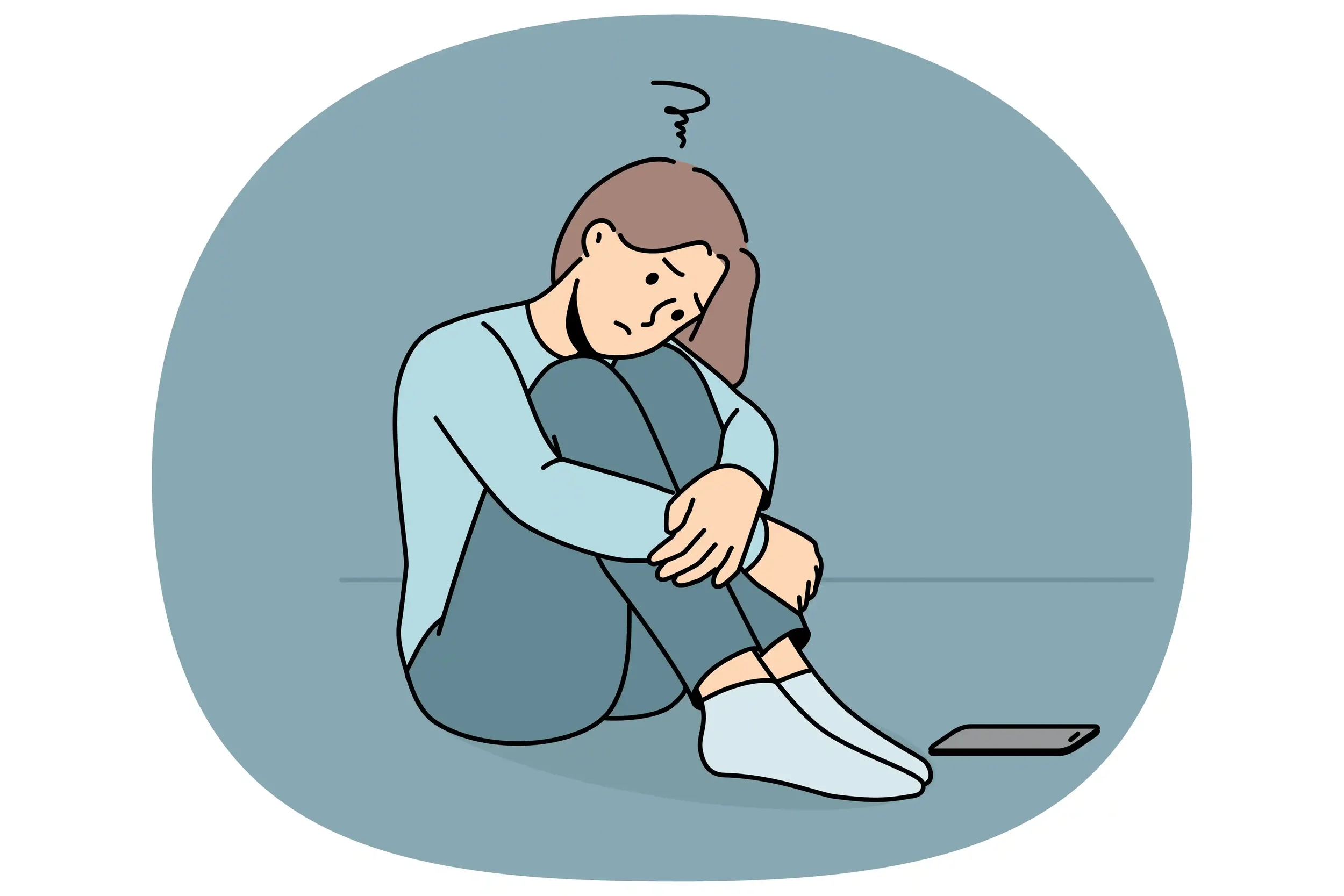Insights and Resources for High Functioning Individuals
Welcome to Melissa W Cooper Therapy’s Resource Center. Here you’ll find insights, strategies, and guidance for high functioning individuals navigating stress, burnout, trauma, life transitions, or chronic pain. My goal is to provide actionable advice and thought-provoking perspectives to support your personal growth, resiliences, and well-being. Each article is designed to complement therapy and help you take practical steps toward clarity, balance, and lasting change.
Featured Topics - Scroll Down to See All Articles
If you’re experiencing similar challenges, schedule a consultation to explore how modern integrative therapy can help you regain balance, clarity, and resilience.
Embracing Change: Navigating Peri Menopause and Menopause with Support from a Psychotherapist
Therapist in Culver City specializing in the support of women navigating peri menopause and menopause offering a safe and confidential space to gain greater understanding, resilience, and self-assurance.
Navigating Life Transitions Without Losing Yourself
Transitions, while often exciting, can also bring uncertainty, stress, and feelings of isolation. No matter how “ready” we think we are, change has a way of challenging our sense of stability and resilience. With therapy, you can navigate life transitions without losing yourself.
Anxiety and Burnout in High Functioning Individuals
Burnout and anxiety can look like overwork, people pleasing, perfectionism, or avoiding rest because you feel guilty slowing down. You start to disconnect from your values and the life that you thought you wanted. The cost of burnout and anxiety for high functioning people is their mental clarity, physical health, and emotional wellbeing.
The Hidden Cost of Toxic Workplaces: How Workplace Culture Impacts Mental Health and Burnout
In today’s fast-paced, performance-driven world, the culture of the workplace isn’t just a “nice to have” but a critical component of mental health, wellbeing, and performance. As a psychotherapist and human-centered coach, I’ve seen first-hand how a workplace's culture can either foster psychological safety and engagement or fuel chronic stress, anxiety, and burnout.
Trauma Therapy: How Healing from Trauma Can Transform Your Life
Unresolved trauma can shape how we think, feel, and engage with the world. Fortunately, healing is possible and trauma therapy offers a path forward.
Burnout: When Depression Shows Up at Work
Feeling stuck, exhausted, or overwhelmed despite your success? Therapy can help high-achievers manage depression at work and feel like themselves again.
The Difficulty of Life Transitions
Life transitions are an inevitable part of life. They are not merely changes in circumstances but shifts that compel us to renegotiate our identities and redefine our sense of belonging. Transitions can evoke a wide range of emotions: anxiety, fear, excitement, or grief as they disrupt our daily routines and challenge our sense of security.
The Essential Need for Human Connection
Human connection has always been one of the most deeply rooted aspects of human nature. In fact, after food, water, and safety, love and belonging are the next most essential needs. In a time when superficial interactions often outnumber deep ones, intentionally fostering connection by listening more, reaching out more, or simply being present not only helps others thrive but nurtures our own capacity for joy, resilience, and hope.
Understanding Anxiety
Anxiety can affect anyone. It is a natural response to stress or uncertainty and a natural part of life that is designed to protect us in dangerous situations but can also be activated by everyday stressors. It doesn’t mean you are weak or incapable and is only a problem if it begins to interfere with your daily life. You don’t have to just deal with it. There are tools available to help you maximize your enjoyment of life.









